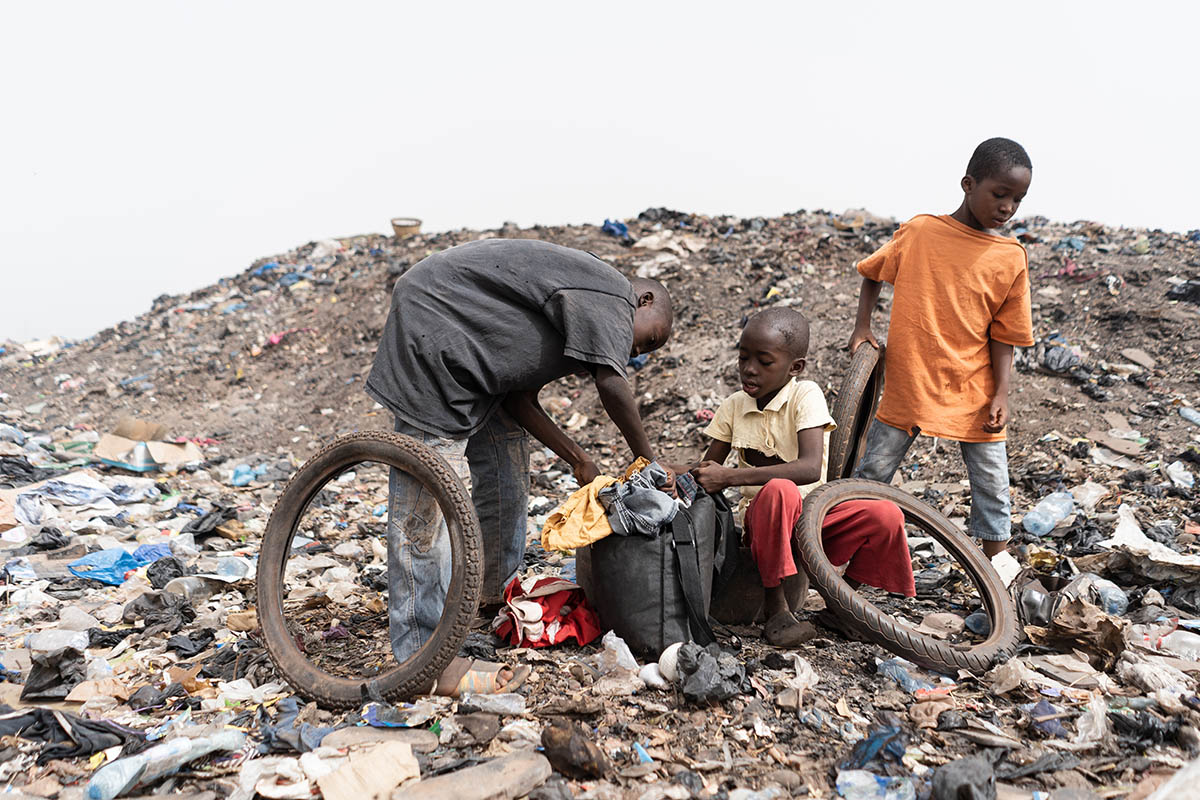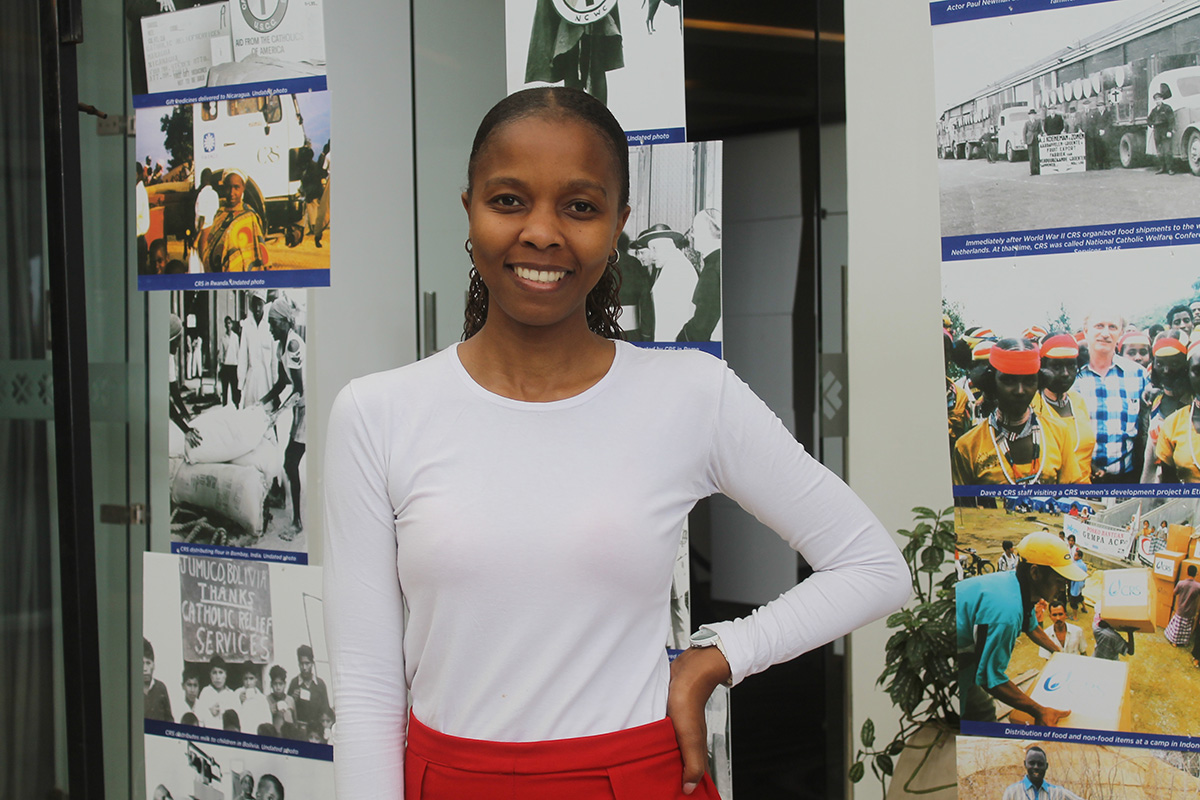You Can’t Afford a Child Just Because You Can Make One
July 6by Similoluwa Ifedayo
Sometime this month, on my way home, something cracked in me. I saw a boy—maybe nine years old—dart through traffic along Iyana Paja, Lagos State, with arms stretched to the sky, his voice hoarse but determined: “Oga mi, boss, abeg give me something. My honourable!”
He wasn’t just hungry. He was desperate. And in that moment, I remembered who I was at nine—safe, in a school uniform, thinking of secondary school and writing, not food.
That boy’s voice has stayed with me, not just because of what he said, but because of what it reveals:
That we are raising children on concrete, not in homes.
That some children in Nigeria are surviving, not living.
That somewhere, somehow, someone brought a life into this world and left the duty of care hanging in the air.
It sounds harsh, but here’s the truth we avoid: Don’t get pregnant—or impregnate someone—if you cannot afford to raise a child.
And no, this isn’t a sermon from a place of privilege.
I understand—maybe you didn’t plan for a child. Maybe sex wasn’t meant to lead to parenthood. But the moment a child enters the world, so does responsibility. I’m not saying you need to be rich to be a parent. I’m saying you should be able to provide the basics: shelter, food, education, safety, structure. Because a child deserves more than breath. A child deserves dignity.
In Nigeria today, over seven million children roam the streets. Seven million. We rank third highest in the world for the number of children living without homes, guidance, or protection. Why? Family dysfunction. Low income. Loss of breadwinners. Violence. Conflict. Poverty. The absence of social safety nets. And, sometimes, simple irresponsibility—the kind no one wants to name.
But the bigger tragedy? We have laws. We just don’t use them. And when the law is silent, the streets raise the children.
The Child Rights Act (CRA) of 2003 was meant to be a watershed moment. It guarantees every child’s right to survival, protection, development, and participation and criminalises child begging. Across Nigeria, 34 out of 36 states have now domesticated the Act.
Lagos is among the states that have fully adopted the CRA but domestication is only step one. Implementation remains weak. You still see street children along major roads, unchallenged. Enforcement is sporadic. Agencies are chronically underfunded and uncoordinated. And parental neglect continues, often enabled by cultural acceptance, all under a legal grey zone.
In Nigeria, you don’t need a license to bring a child into the world. No one checks if you’re mentally stable. No one checks if you’re financially capable. No one checks if you’re emotionally ready. But the child? The child will still pay the price.
So, what can we do?
The Way Forward
1. Full Enforcement of the Child Rights Act (CRA)
No child should be denied legal protection not because of where they were born, nor because of whose care they fell under. Rights must not be symbolic. They must be active, enforced, and visible on our streets, in our communities, and in our courts.
Yes, children are gifts from God. But with every gift comes a sacred obligation, a duty of care that cannot be shrugged off. Parents must be held accountable. Not just in theory, but by law. Because love is not enough. A child needs protection, structure, and the safety of responsible adults.
2. Parental Responsibility Laws
We cannot continue to allow negligence to slip under the radar. It’s time for legal frameworks that hold parents accountable especially when neglect and abuse are consistent and harmful.
When a child’s basic needs are unmet, when they are exposed to danger or left unprotected, the law must step in. It is time for parental irresponsibility to face real consequences because no child should pay the price of adult mistakes.
3. A National Child Welfare Registry
If we don’t count them, we can’t protect them. We need a national database that tracks vulnerable children—those out of school, living on the streets, or in harmful environments. Data drives policy. We cannot fix what we do not acknowledge. This registry will help us target resources, direct interventions, and ultimately change lives.
4. Subsidised Parenting Support
Preaching responsibility is only part of the solution.
We must fund real impact: free or subsidised family planning, parenting education, and financial support for vulnerable families. Parenthood is a responsibility, but it is also a burden, especially in poverty-stricken communities. Let’s provide the support that makes responsible parenting possible, not just a moral suggestion.
5. Community-Based Reporting Systems
Neighbours see it. Market women witness it. Drivers watch it daily. It’s time to equip our communities with the tools to act. Toll-free hotlines, WhatsApp reporting, and responsive local councils can ensure that abuse, neglect, and child labour are met with immediate attention. We can’t turn a blind eye to the cries of children, we need systems in place for anyone to report and anyone to respond.
Until then… That boy at the window will keep raising his hand. Not to learn in a classroom. Not to reach for his dreams. But to beg for a chance to survive.
And every time he does, we must ask ourselves:
Are we really raising a generation? Or just letting them grow wild, and hoping they turn out fine?






